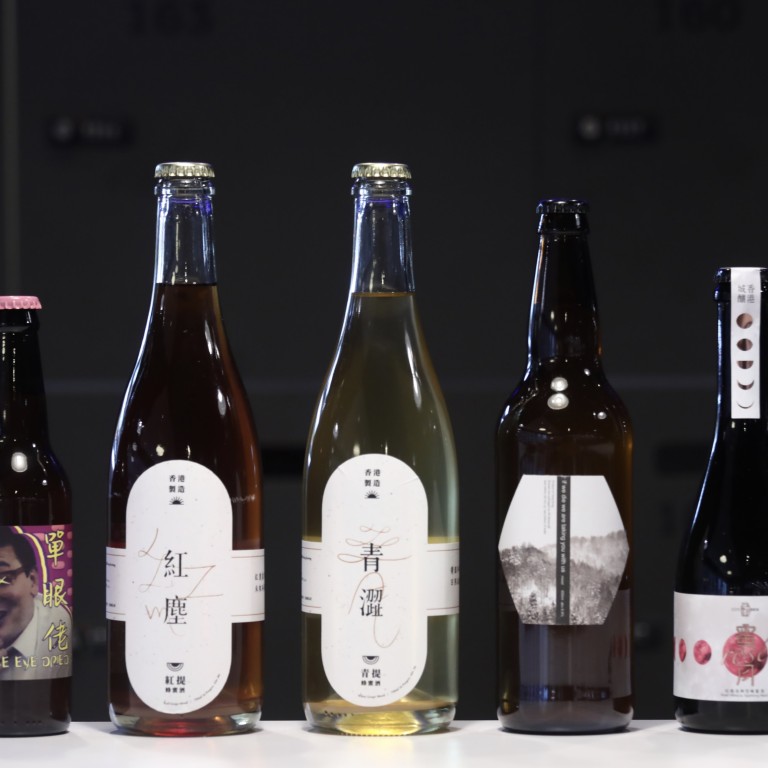
Why is mead making a comeback? The craft brewers in Hong Kong reviving ancient alcoholic beverage for the modern drinker
- Honey based, mead had its origins in China 9,000 years ago and was popular with everyone from the Vikings to the ancient Greeks. Today, it’s making a comeback
- In Hong Kong, it is one of the only alcoholic drinks that can be brewed using local ingredients – ‘we’re preserving a bit of Hong Kong culture,’ one maker says
Mead, the so-called nectar of the gods, is said to be one of mankind’s earliest forays into crafting alcohol, predating even beer or wine – and it all began in China, some 9,000 years ago.
In 2005, Dr Patrick McGovern – the scientific director of the Biomolecular Archaeology Project for Cuisine, Fermented Beverages and Health at the University of Pennsylvania Museum, in Philadelphia, in the United States – made a groundbreaking discovery while in Jiahu, in China’s Henan province.
“You could call this extreme beverage a ‘Neolithic grog’. It illustrates once again the hold that alcoholic beverages have on the human race,” he wrote in a blog soon after the breakthrough, titled “The Wonders That Were Jiahu: The World’s Earliest Fermented Beverage”.
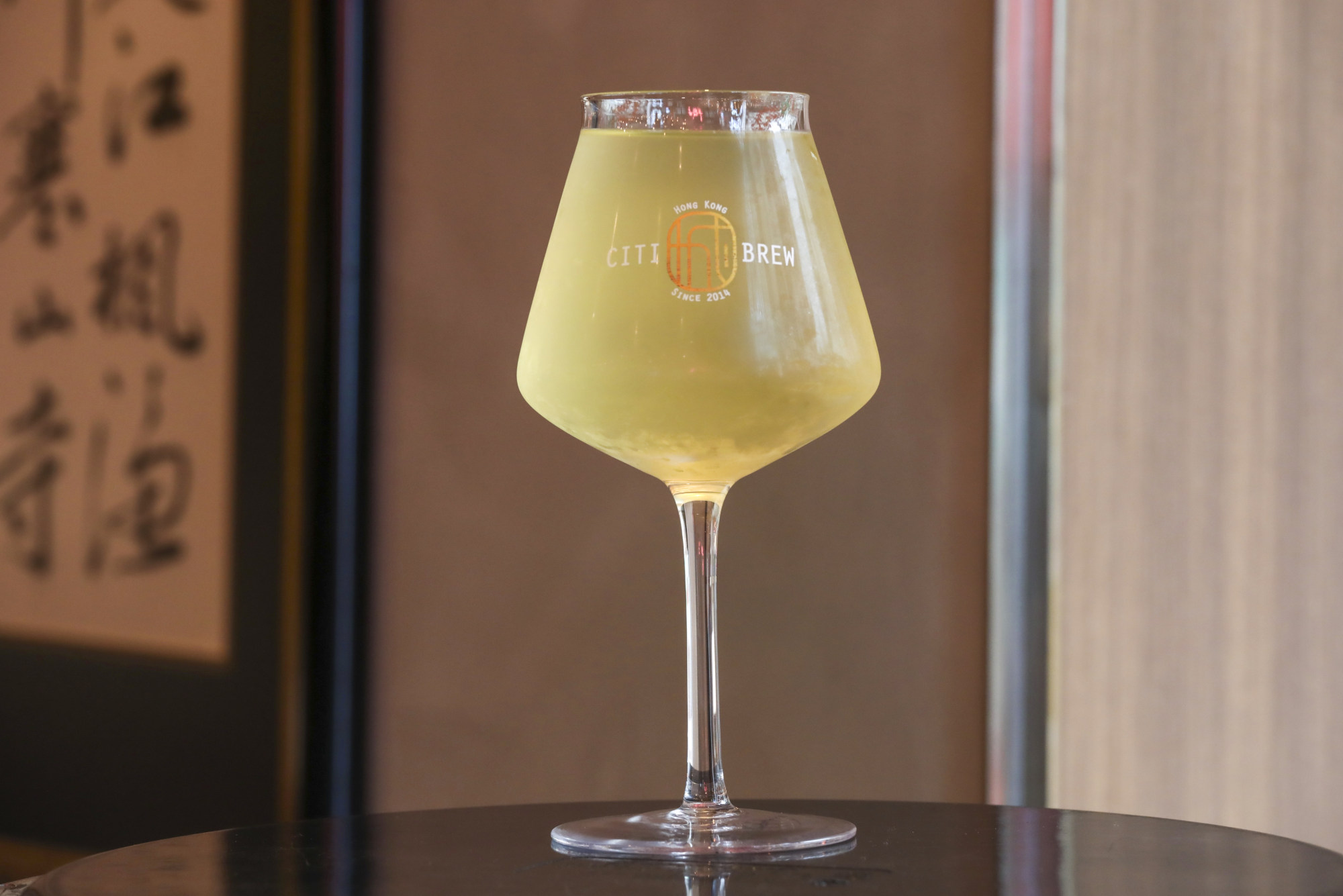
A relic of the unfashionable past, mead had its heyday in the earliest centuries of civilisation as it became popular with everyone from the Vikings to the Greeks. Yet the wonders of mead have long gone unnoticed outside medieval history.
However, in 2019, mead saw a brief resurgence thanks to nicely timed appearances in the hit television series Game of Thrones, and production of the drink in the US has surged over the past two decades – according to the American Mead Makers Association, the number of commercial meaderies in the country has increased by 650 per cent since 2003.
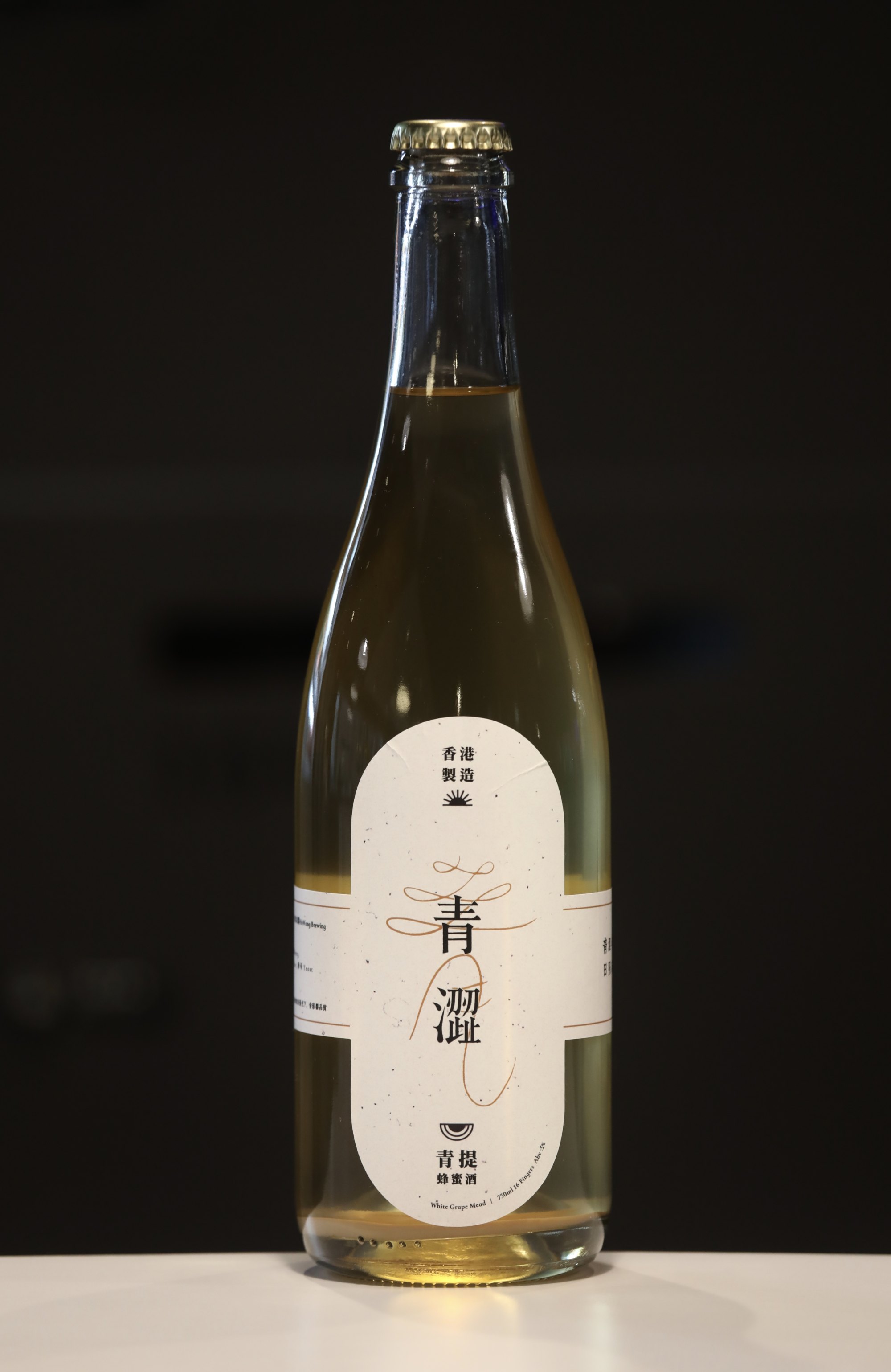
Mead fits firmly into this category, with its lower alcohol level and intriguing history – the sweet drink was originally an elixir for newlyweds, to be drunk for a month after marriage to increase the chances of conceiving, giving rise to the well-known phrase “honeymoon”.
However, in Hong Kong, there is another reason for a growing interest in traditional mead: it is one of the only alcoholic drinks that can truly be crafted from primarily local ingredients.
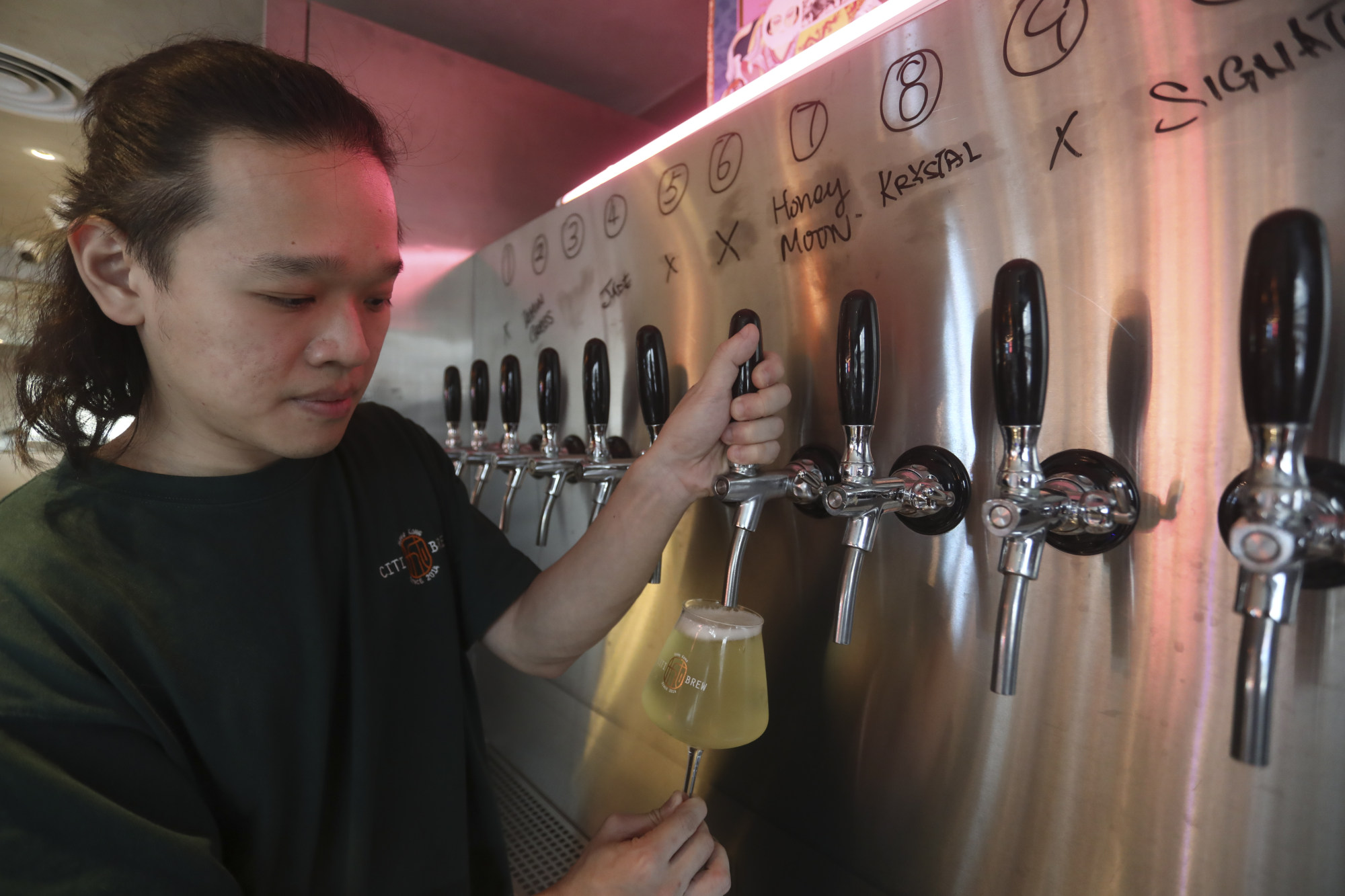
“When we brew beer, all of our ingredients apart from the water are sourced from overseas,” says Eric Lui Wang-hong, the founder of Citibrew HK, a craft brewery established in 2014. “I wanted to see if we could create a drink that used exclusively Hong Kong produce.”
The desire to create something that could pay homage to the local flavours and producers found within Hong Kong underscores Citibrew HK’s modus operandi – its motto is “We Brew Our City” – and within mead making, Lui found an opportunity to create a meaningful product.
In 2018, Citibrew HK launched its first mead on tap, aptly titled Honeymoon, but it wasn’t until 2021 that it was able to release a bottled product after years of experimentation. For Suki Chu Yuen-ki, Citibrew HK’s lead mead brewer, who joined in 2019, the beauty of mead is that it belongs to the city.
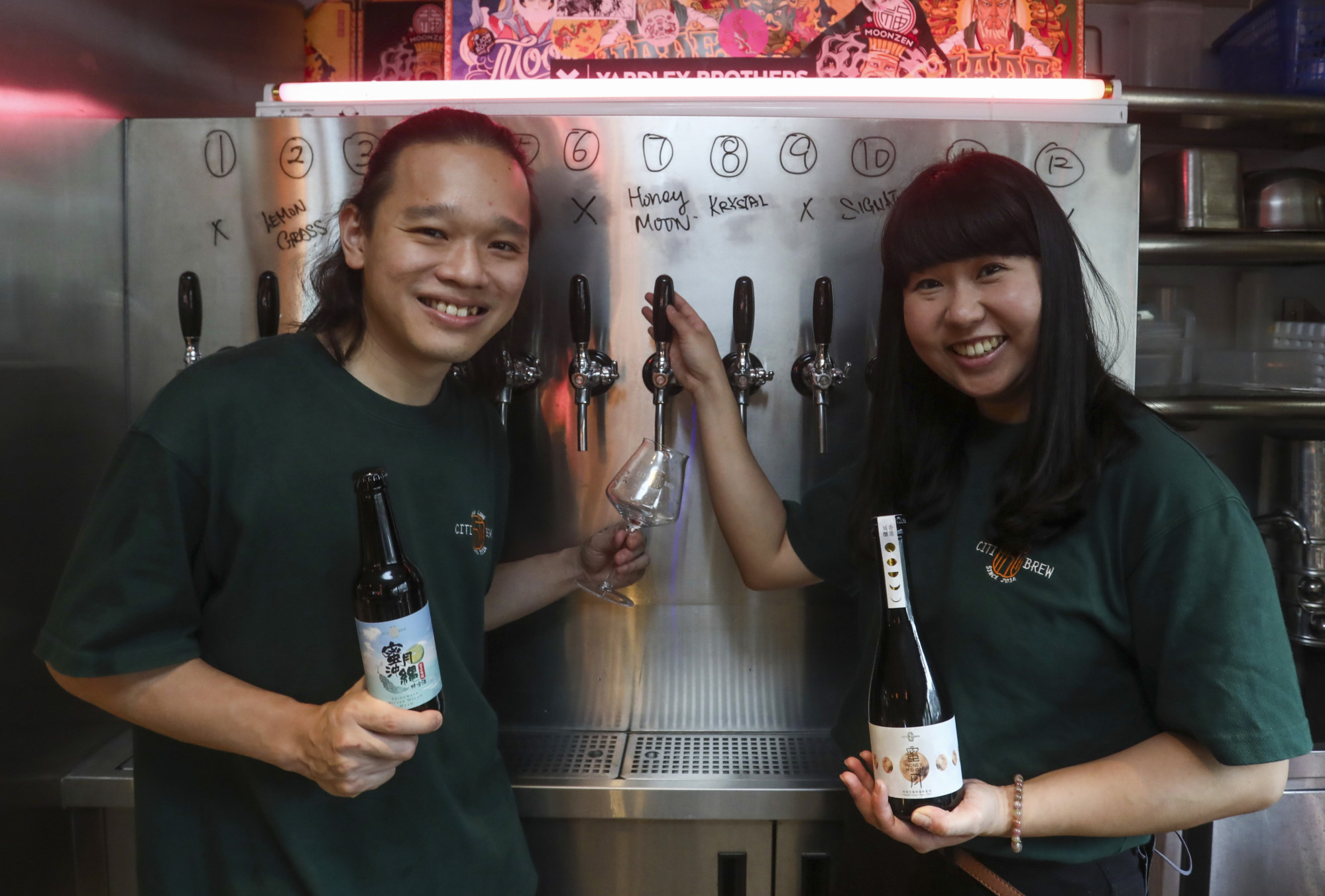
“We use local honey, which has the taste of Hong Kong. By using it, it’s like we’re preserving a bit of Hong Kong culture,” she says. “We use mead to essentially record the local flavour of the city.” The quality of honey in Hong Kong is also getting better, she adds.
For a metropolis, Hong Kong has a surprising number of bee farms. The oldest, Po Sang Yuen, was established in 1923 and is one of the city’s most successful commercial bee farms (its honey is available at most major supermarkets); smaller bee farms and independent beekeepers also exist, making small quantities of honey that range from rich amber longan honey to lighter lychee honey.
“We’re going to continue raising awareness of bee farms through our workshops and promote how people can make their own mead at home, in the hopes that more people will get into the habit of home brewing – or at least have a better understanding of it,” says Lui.
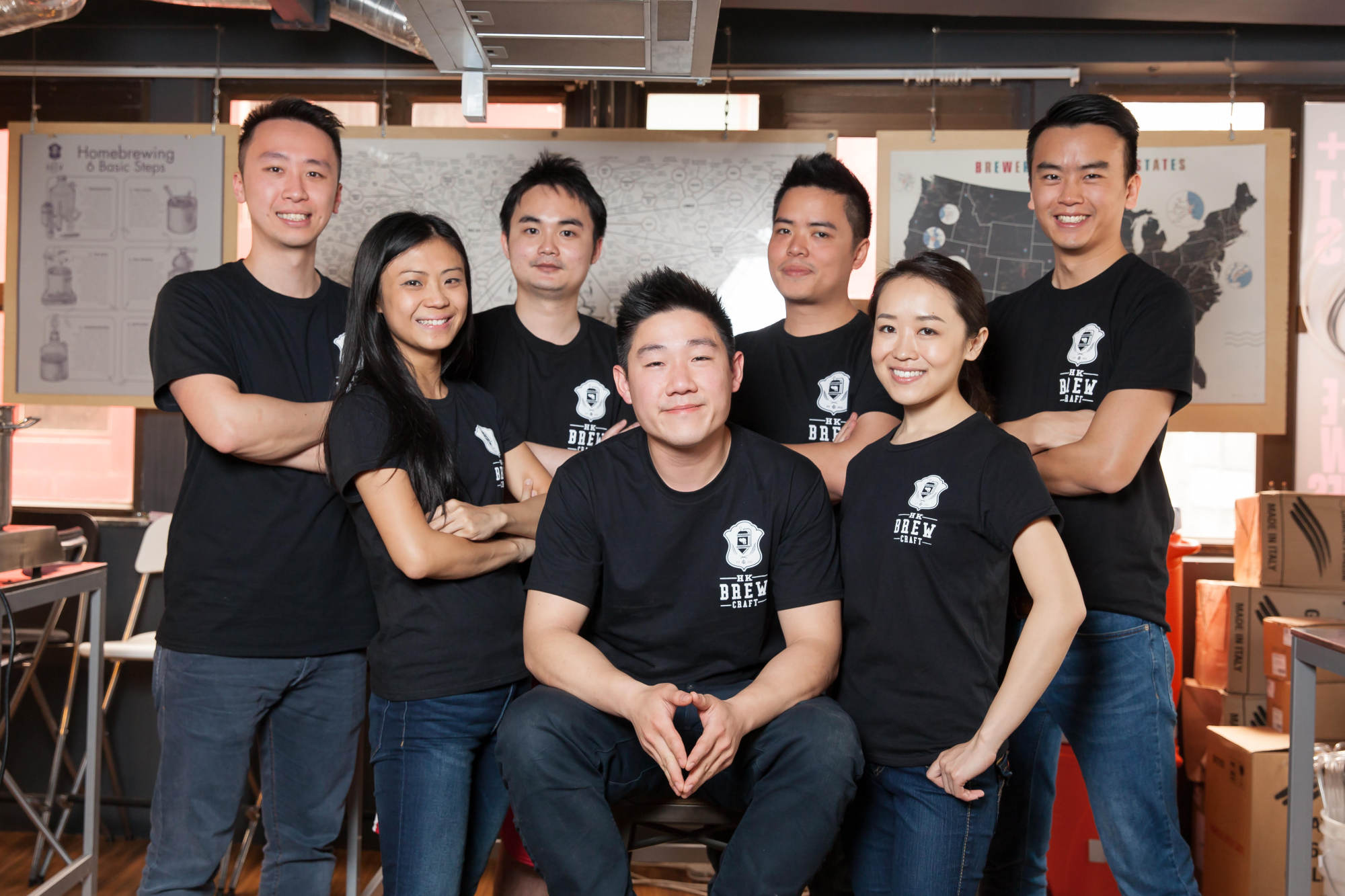
For Belle Leung Ho-kwan, a co-founder of HK Brewcraft and certified beer judge and wine educator, the allure of mead lies in how it can create a talking point for the city and bring people together over a shared appreciation for local craft.
“We wanted to support the local community because there are a lot of bee farms in Hong Kong,” she says. “It adds a more interesting element for people to understand more about honey and also about how much Hong Kong can offer.”
HK Brewcraft has been making mead since 2018, and Leung runs monthly mead courses at its venue in Central, where novices can learn about the history of the drink and play the alchemist by making their own versions – the team provides additional local flavourings such as roselle, star anise and mandarin peel for students to experiment with.
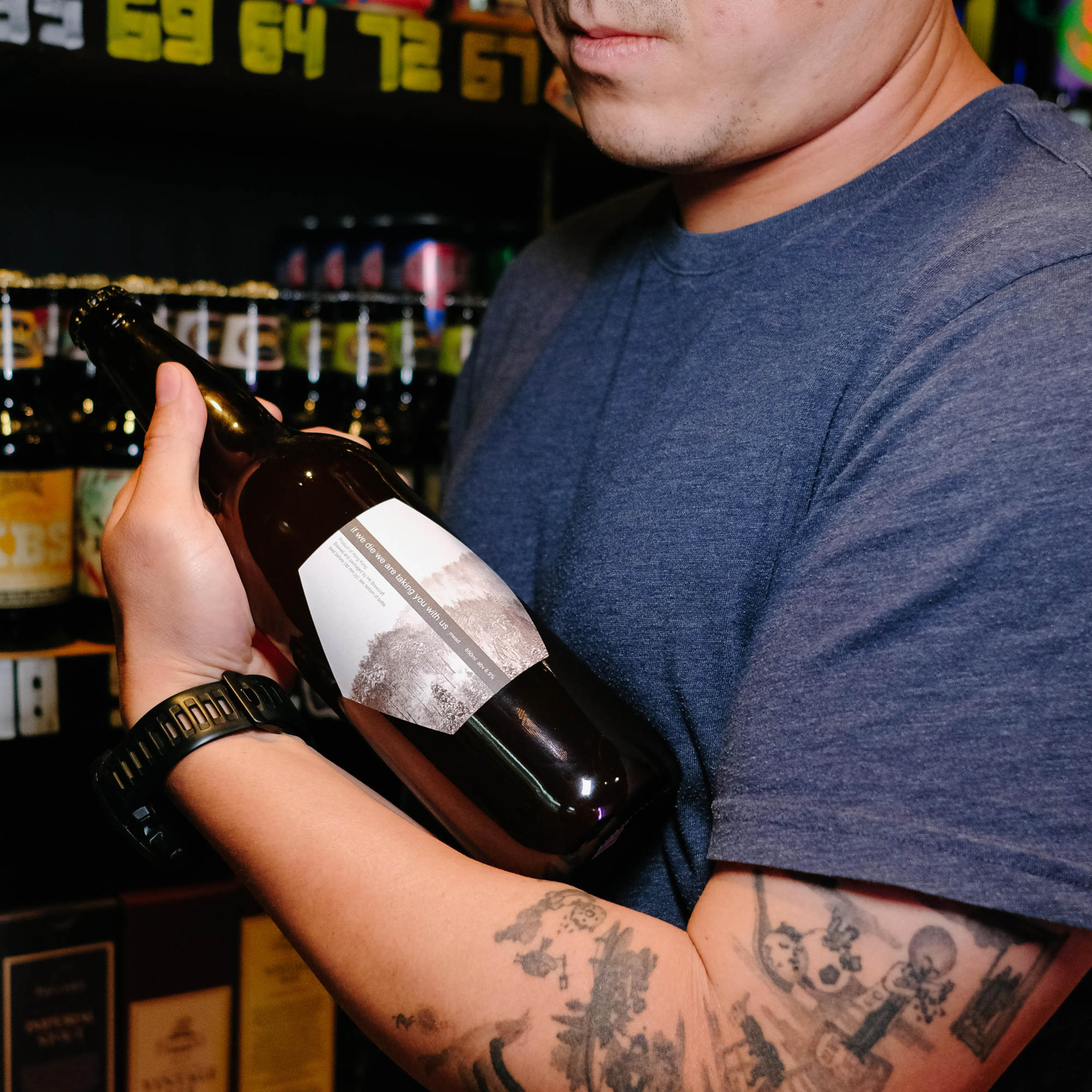
However, its own mead – sold in 650ml (22 ounce) bottles – is very traditional. “The mead that we make is actually simply water, honey and yeast, because we want people to understand what a true mead or the original mead is like. We make a dry style, which has relatively low alcohol.”
For most new mead makers in Hong Kong, though, tincturing their brews with distinctly local flavours is something exciting and full of possibilities. Boutique breweries such as Hong Kong Whistle, established by David Leung Ka-tai in 2016, have already been doing the same with their beer products.
The independent brand’s portfolio features nine beers and ciders, each with names and labels inspired by Hong Kong culture. Its sole mead is a salted dried plum version called Mr Single Eye Dried Plum Mead.
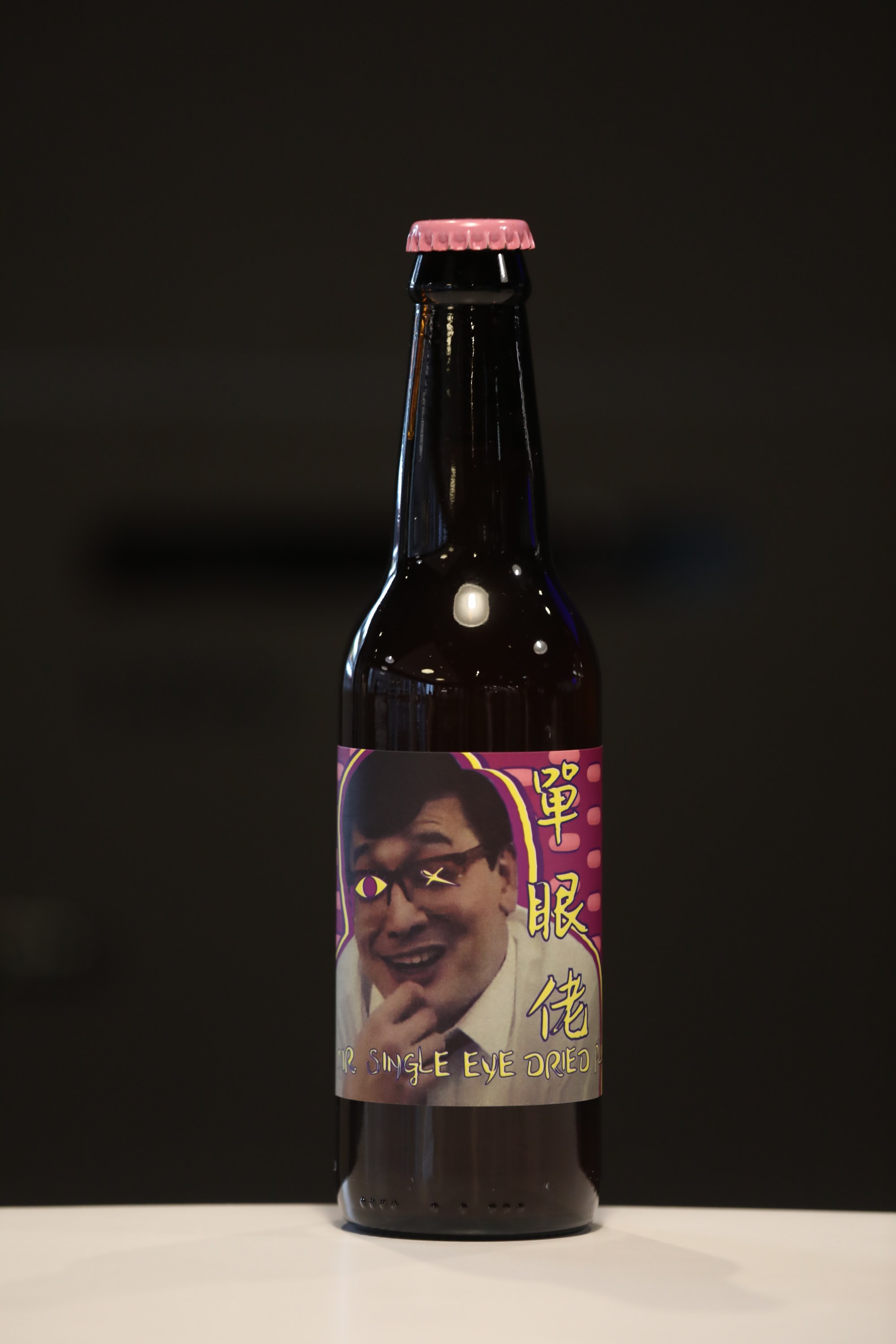
“It’s funny and not so serious, and a reference to the mo lei tau genre [Hong Kong-style slapstick humour] in cinema. This is the image of our brewery. We want to preserve local culture,” Leung explains. “Of course, we have an alternative label for stockists like hotels, which are a little less into the humour.”
For other brands such as HoWong Brewing, there is a desire to expand its customers’ palates beyond the usual ales and IPAs, which have become relatively mainstream over the past decade. “Our philosophy is about creating drinks that are approachable,” says Mabel Chan Ching-mei, the brand’s marketing director.
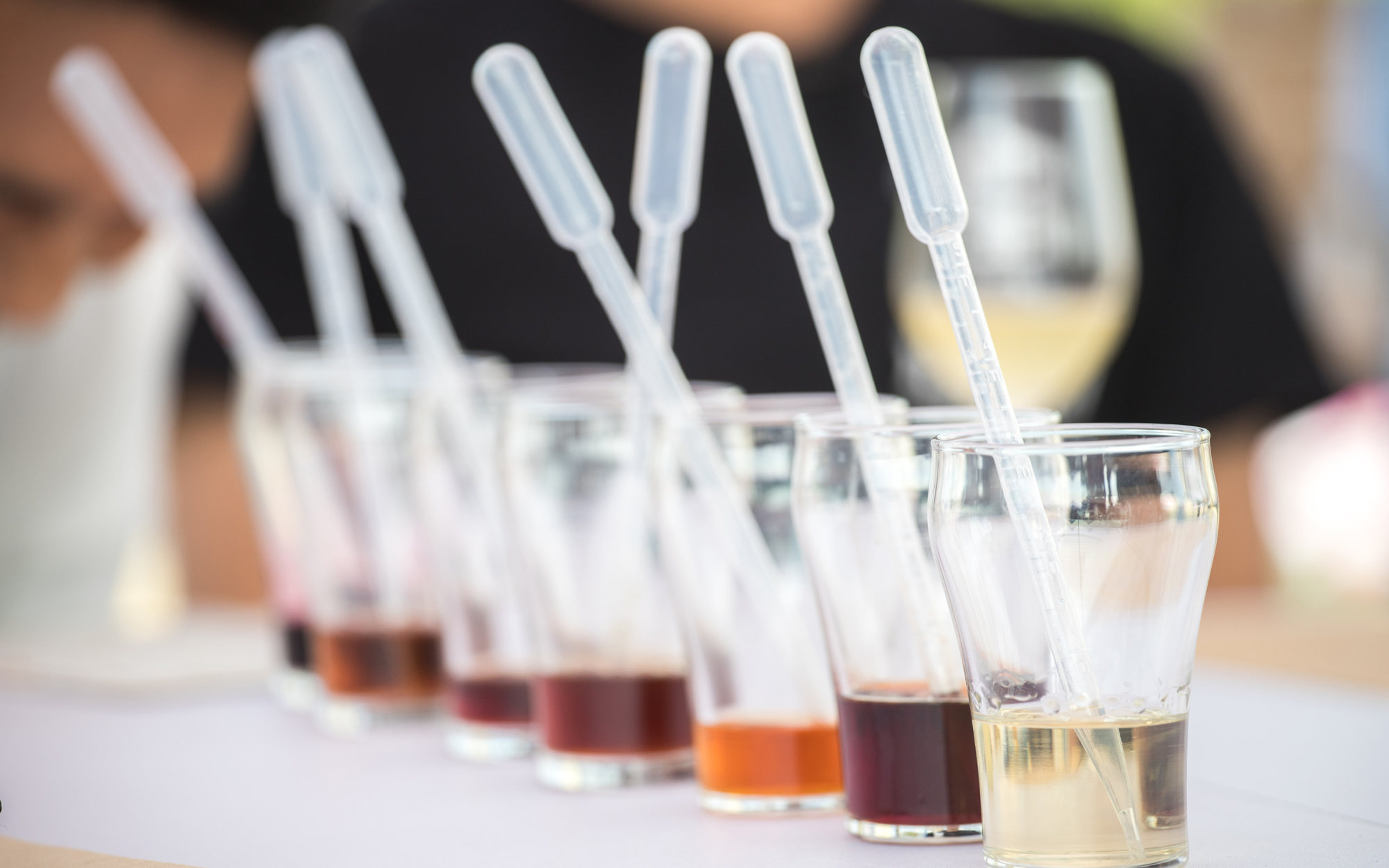
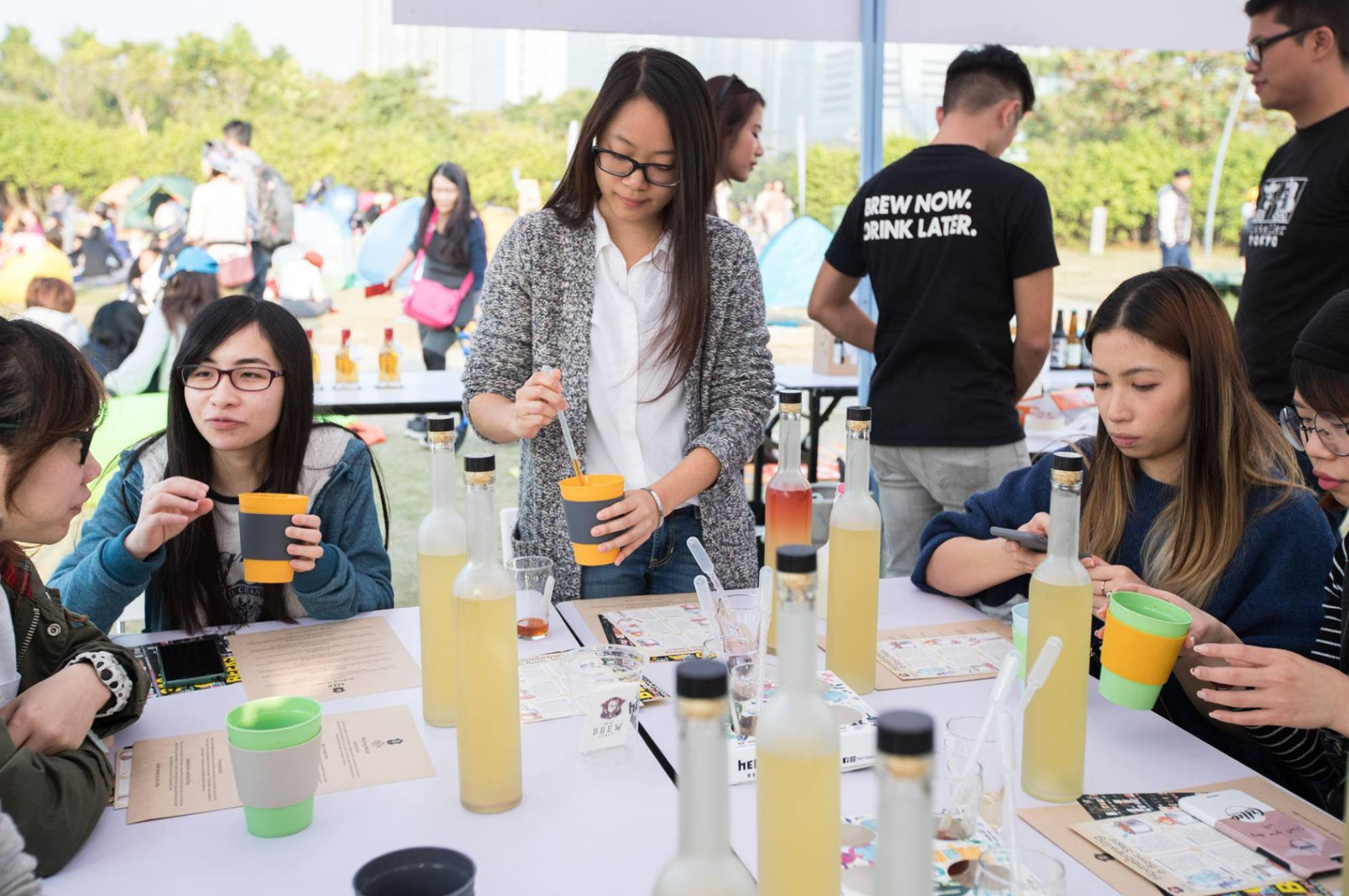
The poetic Chinese name of the brewery roughly translates as “sunny during the day, foggy at night”, which reflects its wish to produce drinks for any hour of the day, whatever the consumer’s mood. Mead, Chan says, is a product representative of this philosophy.
For the team at HoWong Brewing, a simple bottle of brewed alcohol can also be a conduit for deeper contemplation and a celebration of culture, in addition to offering a swig of something special.
Their signature meads are red grape and white grape varieties, both brewed using local honey. The former is described as similar to an umeshu (Japanese plum wine), and should be savoured slowly on the rocks; the latter is best served chilled and is a more thirst-quenching drink.
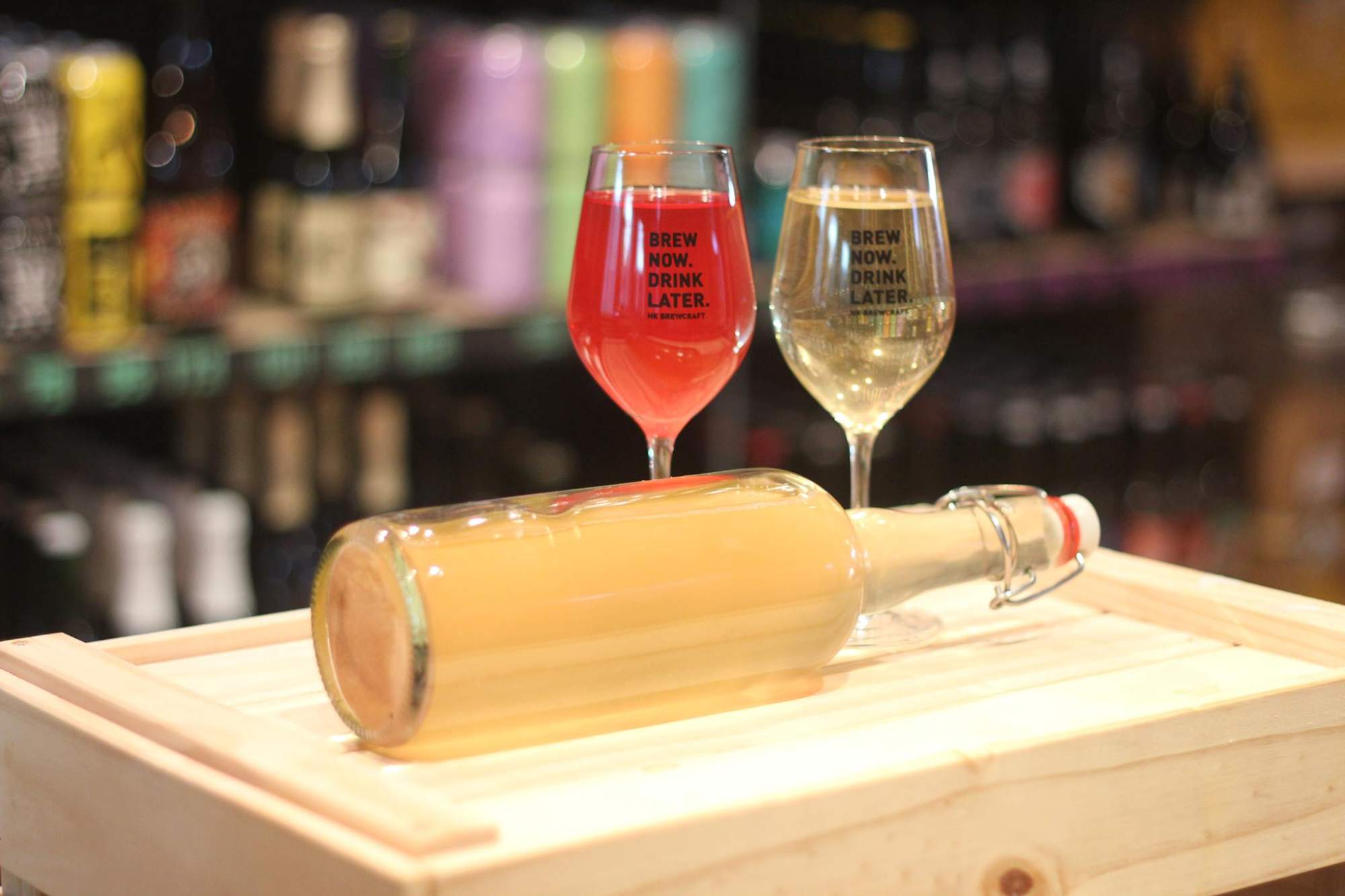
“They’re very different in terms of profile and purpose, and their names are also meaningful,” says Chan. “We want every one of our products to have a special message as, to us, alcohol is more than just a celebratory drink.”
The white grape mead represents the energy and vibrancy of youth, while the red grape version stands for the maturity that is gained in later years, Chan says. “You’re not the person you were when you were young. You slow down, and enjoy life. This is the meaning we want to encapsulate in these two very different meads.”
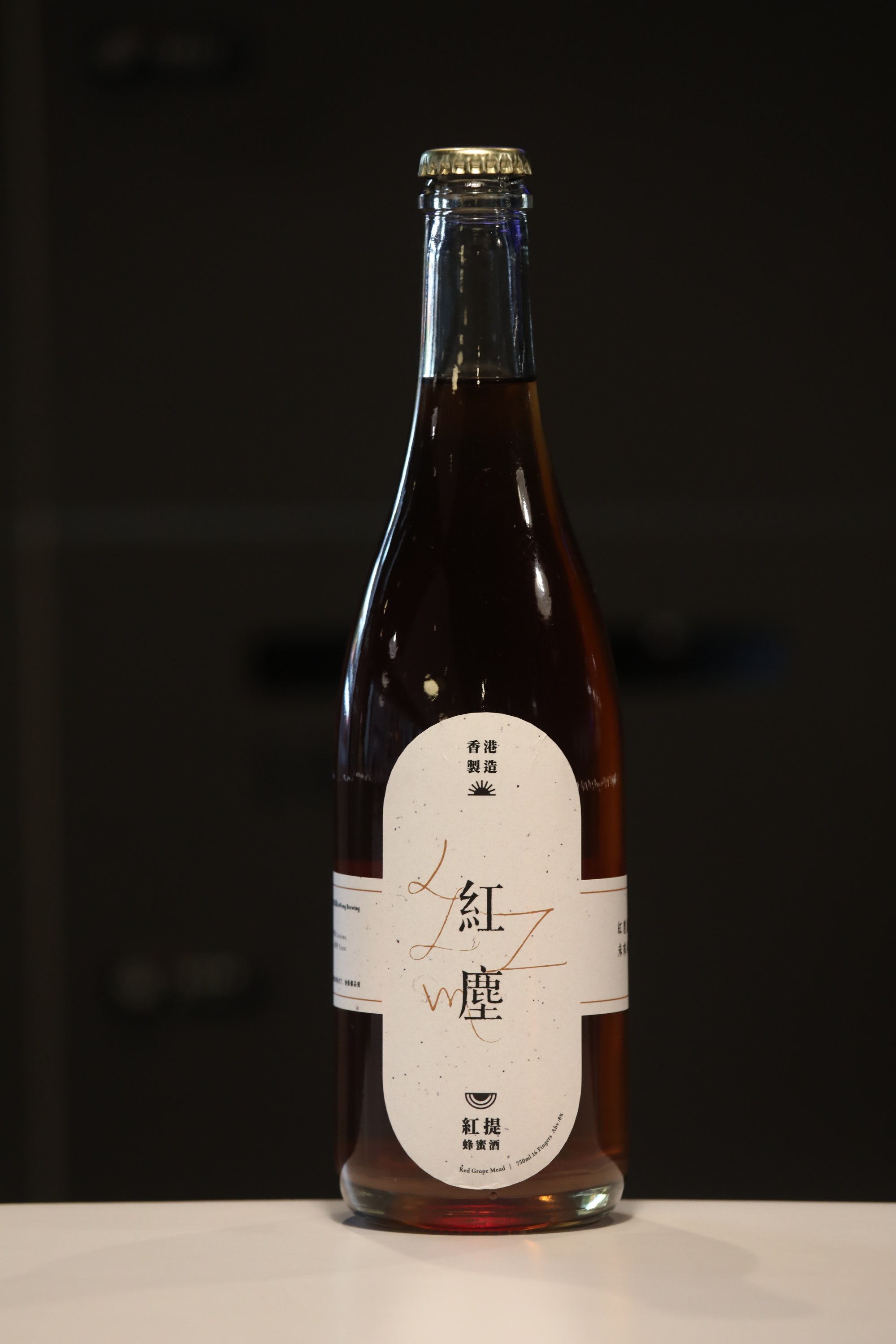
Four buzz-worthy Hong Kong meads to try
Mr Single Eye Dried Plum Mead – Hong Kong Whistle
This quirky mead inspired by Hong Kong comedy culture clocks in at a gentle 4 per cent ABV and features the distinctive salty-sweet profile of dried plums.
HK$50 (US$6.37) for 330ml
Red Grape Mead – HoWong Brewing
“Time flies but our memories stay,” reads the couplet on the label of this stylish dried- red grape-infused mead. Drink this on the rocks and ponder your past, present and future.
HK$60 for 250ml, HK$228 for 750ml
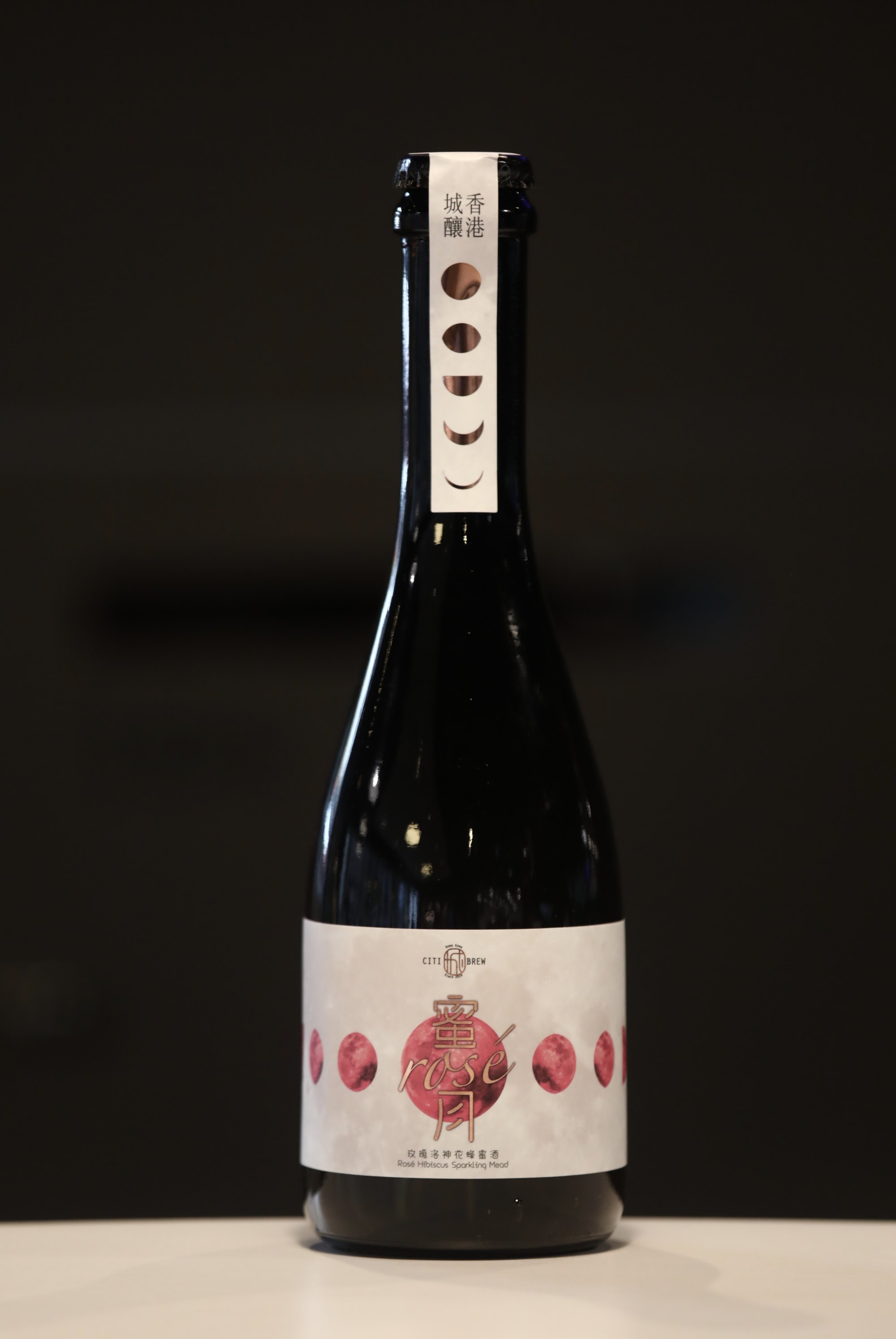
Rosé Honeymoon Mead – Citibrew HK
A light sparkling mead at 4.5 per cent ABV, with the fruity notes of dried hibiscus flowers, dressed in a classy bottle with a label featuring the phases of the moon.
HK$48 for 330ml
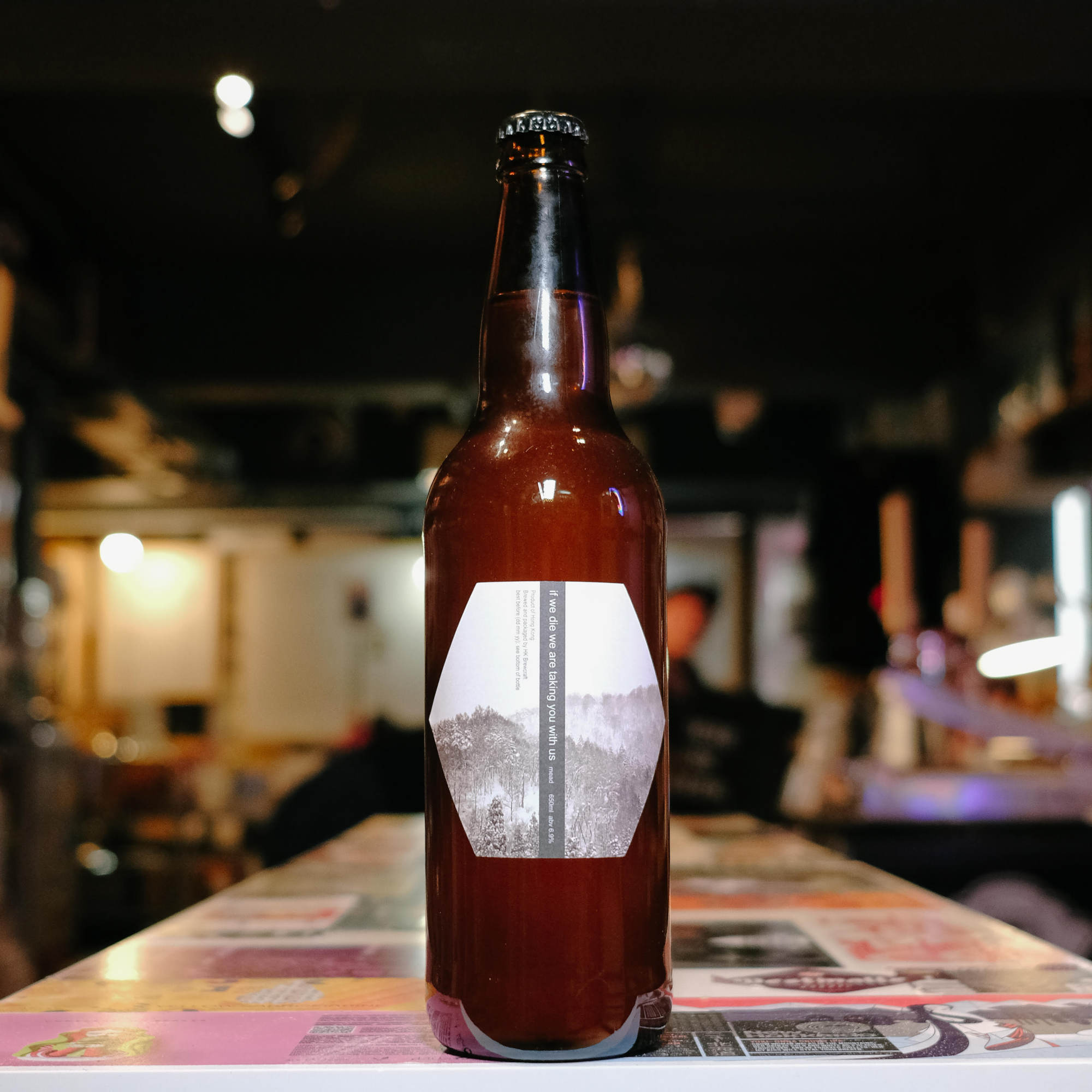
Sparkling Mead – HK Brewcraft
No frills – this 6.5 per cent ABV, effervescent mead is brewed simply with local honey, water and yeast for an elegant sip.
HK$120 for 650ml

